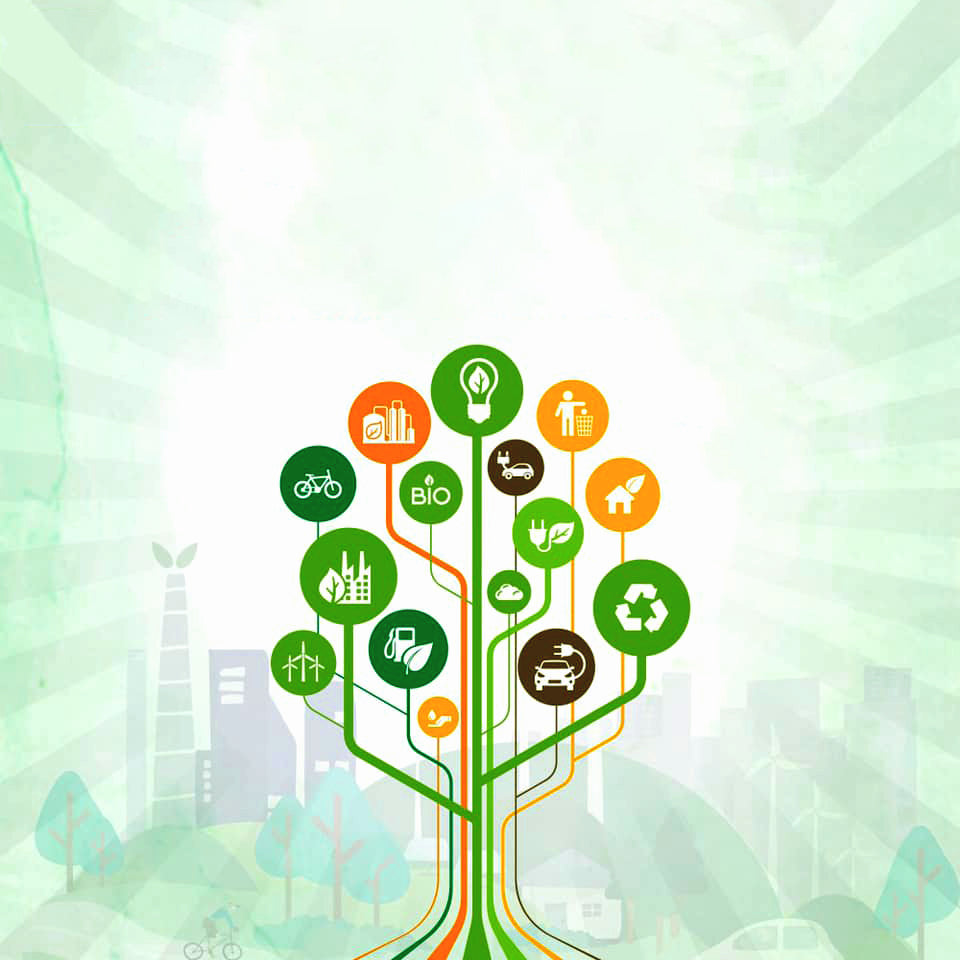Transparency in the Global Supply Chain: The Key to Sustainable Growth

#SustainableGrowth #RiskManagement
In today's digital age, consumers are not just concerned with the quality and price of their products, they are also concerned with the social and environmental impacts of the supply chain. As a result, supply chain transparency has become increasingly important for businesses operating in the global market.
In this blog post, we will explore the concept of supply chain transparency and its relevance to achieving sustainable growth in the international marketplace.
What is Supply Chain Transparency?
Supply chain transparency refers to the degree to which a company can trace the movement of its products and services from raw materials to the end consumer. It involves an open and collaborative approach to sharing information along the supply chain, including the origins, conditions, and practices involved in production, distribution, and consumption.
Why is Supply Chain Transparency Important?
Supply chain transparency is essential for businesses looking to achieve sustainable growth in the global marketplace. Here are some of the reasons why:
1. Consumer Demand: As mentioned earlier, consumers are increasingly concerned with the social and environmental impacts of the products they buy. In fact, a recent study found that 73% of consumers would switch to a brand that is more transparent about its sustainability practices.
2. Brand Reputation: Supply chain transparency is closely linked to a company's reputation. Brands that demonstrate transparency are seen as more trustworthy, ethical, and responsible, which can attract and retain customers.
3. Legal Compliance: Laws and regulations in many countries require companies to disclose information about their supply chains. For instance, the Modern Slavery Act 2015 in the UK requires businesses to report on the steps they have taken to ensure that slavery and human trafficking are not taking place in their supply chains.
4. Risk Management: Supply chain transparency enables companies to identify potential risks and vulnerabilities in their supply chains, such as child labor or environmental violations. This allows them to take proactive measures to address these issues before they become major problems.
How Can Businesses Achieve Supply Chain Transparency?
Achieving supply chain transparency requires a concerted effort from all stakeholders involved in the supply chain. Here are some of the key steps that businesses can take:
1. Mapping the Supply Chain: Businesses should map out their supply chain from beginning to end, identifying each entity involved in the production and distribution process.
2. Data Collection: Once the supply chain is mapped out, businesses need to collect data on the practices and conditions of each entity in the supply chain. This includes information on worker rights, environmental impacts, and financial transactions.
3. Collaboration: Achieving supply chain transparency requires collaboration between all stakeholders in the supply chain. Businesses should work with suppliers, manufacturers, and distributors to share information and identify areas where improvements can be made.
4. Technology: Technology can play a key role in achieving supply chain transparency. Digital platforms can be used to track the movement of goods and services, monitor working conditions in factories, and collect data on environmental impacts.
Conclusion
Supply chain transparency is critical for businesses looking to achieve sustainable growth in the global marketplace. By sharing information and collaborating with stakeholders, businesses can identify and address issues related to worker rights, environmental impacts, and legal compliance. Through transparency, businesses can build trust and confidence with consumers, enhance their brand reputation, and effectively manage risks. Ultimately, achieving supply chain transparency is essential for building a more sustainable and equitable future for all.




Leave a comment